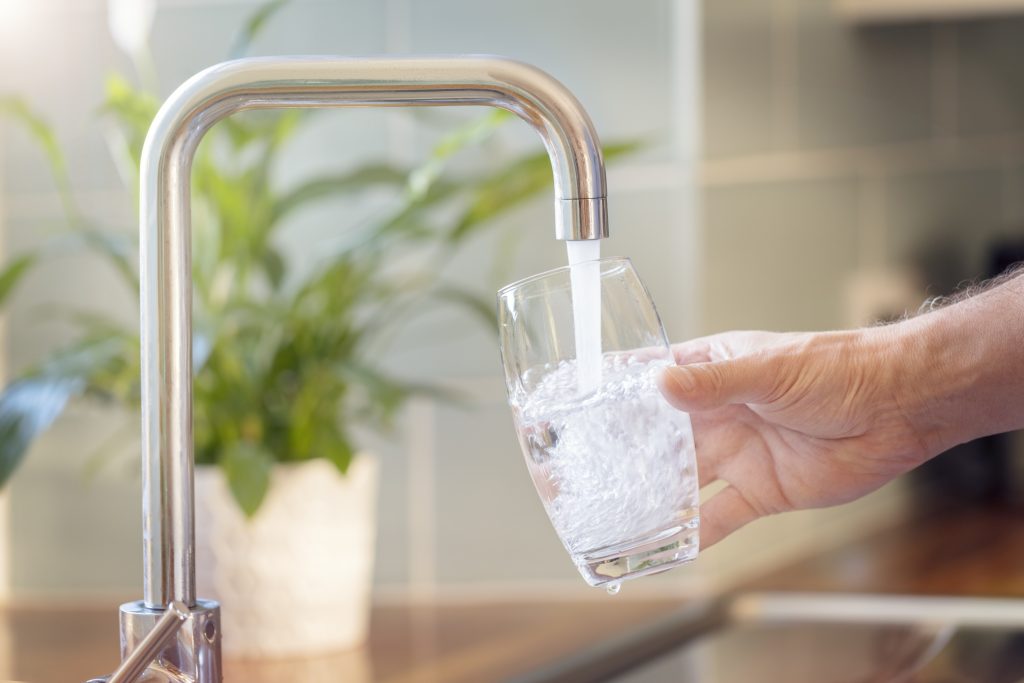This article was guest written by Jane Marsh.
Of all of the resources on Earth, water is one of the most valuable. It makes up 70% of the planet, and only 3% of that is fresh water that humans can consume and use for hygienic purposes.
People need water to survive. An adult body is typically 60% water, which makes it a vital nutrient to each cell in the body, and it flushes out waste. To protect health, especially during this pandemic, access to clean water is indispensable. Those engaged in water purification and sanitation should be recognized as essential workers, just like nurses and doctors.
Water is the most critical substance in combating the virus. That’s why clean water is more essential now than ever, from using it in a thorough hand-washing to the COVID-19 vaccine.
Wash Your Hands
You see it in every bathroom you enter and all-over social media. Some people have written songs about it. Washing your hands in clean water has been a top priority in slowing the spread of COVID-19. It’s a simple task, but it reminds you of the critical importance of having clean water.
Contaminated water only helps further spread diseases, and being that not everyone can access clean, running water to wash their hands properly, it’s essential to provide running water to deprived communities to mitigate the spread and effects of the virus.
Clean Water and the Vaccine
Additionally, water is a key ingredient in the vaccine for COVID-19. Just like baking soda can do drastically different things to a recipe than baking powder, clean water makes all the difference for a vaccine compared to contaminated water. Research facilities have amped up their water purification systems necessary for biopharmaceutical development and continued research.
Pure water is crucial to develop vaccinations and medications that can help people both now and in the future. When you get your vaccine, you want it to help you, not harm you. Vaccines mean the coronavirus has less of a chance of spreading and harming populations. Without clean water, this would not be possible.
How to Help the Clean Water Supply
Here are just some of the ways to help everyone access this life-giving liquid.
1. Donate to Relief Efforts
One simple way to help the clean water supply is by donating to relief efforts, which will help make your community aware of the importance of clean water. Ask friends and family to donate or set up a fundraiser.
Additionally, you can contact local officials to ask about water shutoffs and see if they can be halted during this time. Water shutoffs often prevent people from getting clean water.

2. Don’t Stock up on Bottled Water
It may seem counterintuitive but stocking up on bottled water causes more harm than good. It’s completely unnecessary, especially in developed countries. Almost all tap water is safe, so opt to refill a reusable bottle instead.
Refraining from bottled water is also better for the environment and is more sustainable, so it’s a win for clean water and the environment.
3. Speak Out About Water Pollution
Access to clean water may be diminishing because of excessive pollution. Things like runoff from farms, throwing out single-use plastics and the use of fossil fuels all contribute to contamination, which deteriorates the clean water supply.
To get clean water, you must stop polluting it. Encourage friends and family to live more sustainably so it can be available for everyone.
4. Conserve Your Water
Use your water wisely. The average person in the United States uses 88 gallons of water each day, which is an excessive amount. Take steps to conserve water in every aspect of your life.
Reuse pasta water on plants, turn off the faucet when not in use, and take shorter showers. When you’re more efficient with water, it can be used for a more extended period, allowing continued access to clean water.
The Powers of Water
It keeps you clean. It’s essential for survival. It slows the spread of infectious diseases. Water is more vital now than ever, and with small efforts, humans can conserve it to ensure everyone has access to this precious resource.
Bio: Jane is an environmental writer and the founder and editor-in-chief of Environment.co, where she covers sustainability and eco-friendly living.
 Food
Food Farmers
Farmers Sustainable Living
Sustainable Living Living Planet
Living Planet News
News